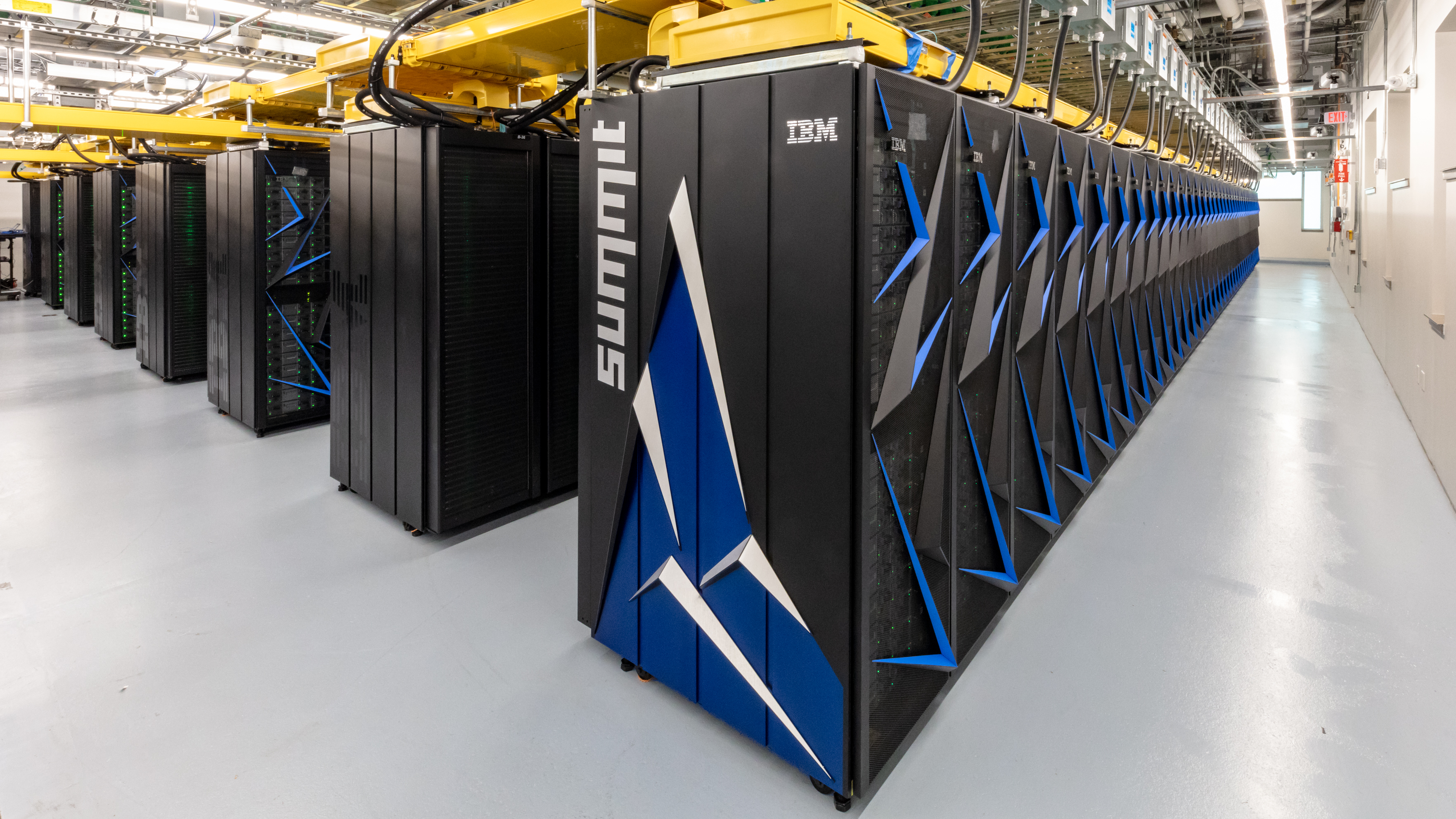
The last few weeks have been one of isolation, both socially and physically. In a bid to prevent COVID-19 from spreading, our physical worlds have become geofenced to encompass our home and short neighborhood walks. In response, our virtual lives have come alive in an array of riches as we attempt to replace our physical realities with virtual tools that create a digital transformation of our social interactions and daily lives. If there’s one technology that’s been able to shine a brightness amidst office closures, quarantines, social isolation, and anxiety, it’s cloud computing.
Cloud computing brings the digital world to us
Services such as Amazon Web Services, Microsoft Azure and Google Cloud have enabled us to continue our digital lives through applications such as Zoom Video, Slack, and Netflix. Without AWS we’d struggle to enjoy Prime Video or gaming platforms like Twitch as we move to digital forms of communication and entertainment. According to the New York Times, downloads of Netflix’s app — a proxy for traffic from the streaming site — jumped 66 percent in Italy, according to data from Sensor Tower, an app data company. In Spain, they rose 35 percent. In the United States, where Netflix was already popular, there was a 9 percent bump.
But is time for cloud relief?
Amongst many businesses, startups are feeling the pinch in a time when offices are closed and many businesses are on hold or on reduced services. Cloud infrastructure costs amount for one of the highest expenses for many startups besides payroll and at a time when many companies are laying off people, an extension on payments could ease some of the financial pressures. Josh Constine proposes cloud relief, where platforms let startups and small businesses defer their cloud infrastructure payments for three to six months until they can pay them back in installments. Notably, when asked by Josh for comment or about whether they’re considering payment deferment options, Microsoft declined, and Amazon and Google did not respond).
Cloud computing is a mighty force against Covid-19
However, many cloud providers are helping the fight against Covid-19 in an array of ways. Last week Salesforce launched its first Salesforce Care solution for Healthcare Systems, designed specifically for healthcare providers experiencing an influx of requests due to COVID-19. They have further expanded Salesforce Care with additional free solutions to help companies in any industry stay connected to stakeholders, even when everyone is working remotely. Salesforce Care solutions are available immediately and can be set up very quickly.
Alibaba has offered AI-powered cloud computing platform and supercomputing cluster for free to power global research institutions to accelerate viral gene-sequencing, protein-screening and other research in treating or preventing the Coronavirus.
COVID-19 High-Performance Computing Consortium
The COVID-19 High-Performance Computing Consortium has been organised by OSTP and IBM and brings together Federal government, federal agency partners (NASA and the National Science Foundation) and five Department of Energy labs, industry, and academic leaders to provide access to the world’s most powerful high-performance computing resources in support of COVID-19 research.

The consortium will bring forth an unprecedented amount of computing power—16 systems with more than 330 petaflops, 775,000 CPU cores, 34,000 GPUs, and counting This includes Summit (OLCF-4 i) a supercomputer developed by IBM for use at Oak Ridge National Laboratory, which is the fastest supercomputer in the world, capable of 200 petaFLOPS.
According to Dario Gil, Director of IBM Research, these high-performance computing systems allow researchers to run very large numbers of calculations in epidemiology, bioinformatics, and molecular modeling. This makes experiments possible that would otherwise take years to complete if operated on slower, traditional computing platforms.
IBM’s Summit has already enabled researchers at the Oak Ridge National Laboratory and the University of Tennessee to screen 8,000 compounds to find those that are most likely to bind to the main “spike” protein of the coronavirus, rendering it unable to infect host cells. They were able to recommend the 77 promising small-molecule drug compounds that could now be experimentally tested. This is the power of accelerating discovery through computation.
High tech innovations are likely to receive the most acclaim – especially by the media. However, startups and SMEs have been loyal customers of cloud providers. They should be supported in their efforts to stay afloat. They may not all be as glitzy as supercomputers, but they provide jobs and service their local economies. Their ability to continue to support their own customer base through the use of cloud services will be a vital part of their recovery. We’re in unprecedented times globally and this is really an opportunity for big tech to step up and support their clients and lead the way in helping businesses survive.




